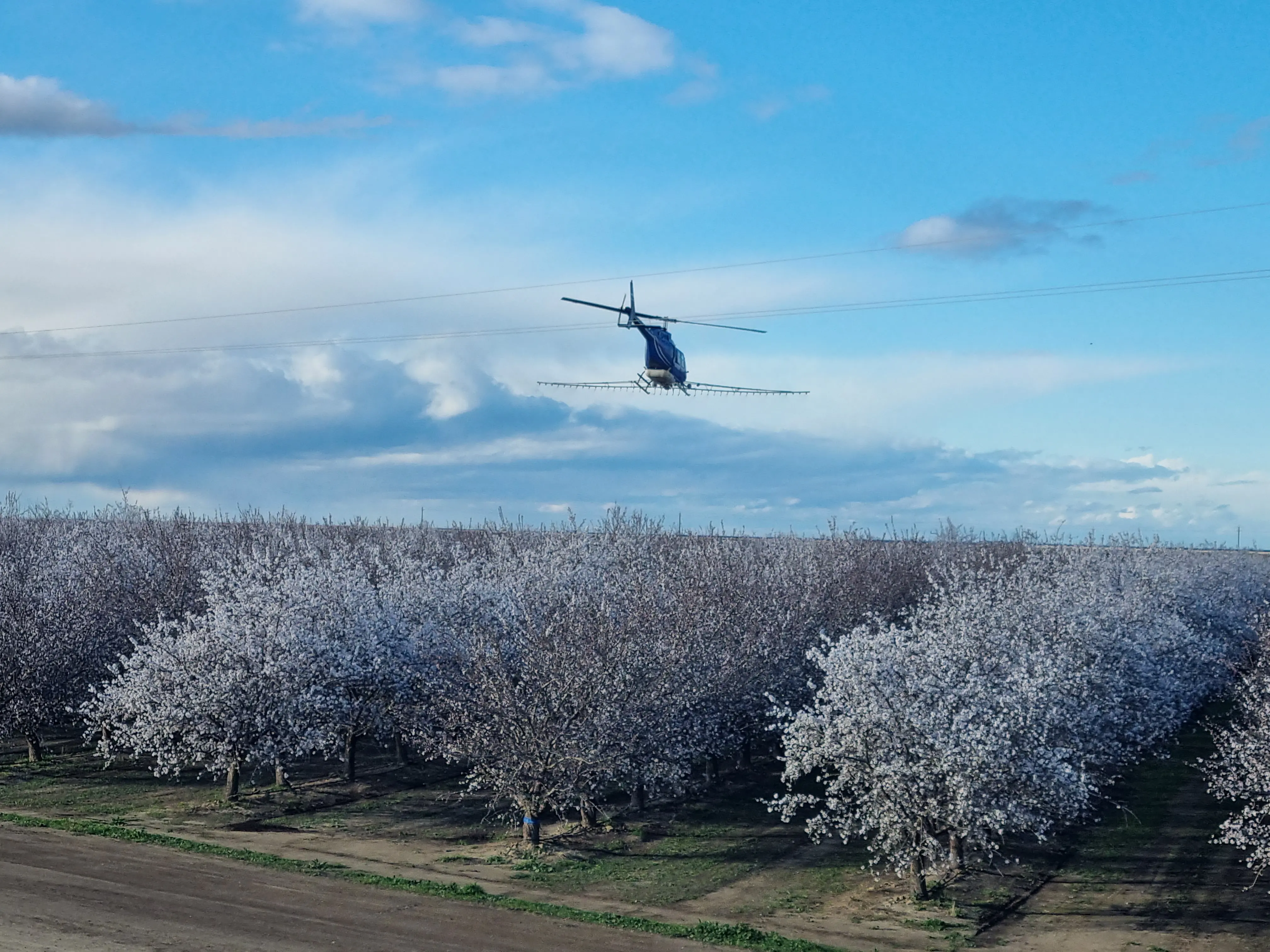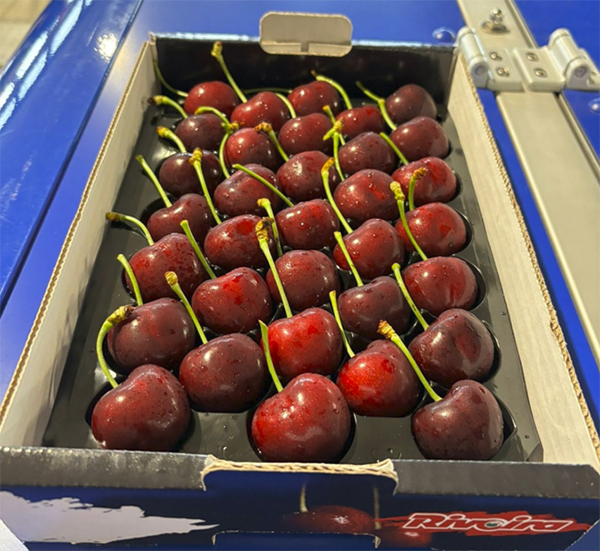The Northwest U.S. cherry sector breathes a sigh of relief. In mid-May, the trade truce between the United States and China eased a situation that threatened to jeopardize the export season. The decision to temporarily suspend tariff increases allows U.S. cherries to regain space in international markets, starting with China.
A truce that saves the season
On May 14, a 90-day pause in reciprocal tariffs between the U.S. and China came into effect. A breath of fresh air for exporters after months of tension and soaring tariffs that had effectively shut the doors of the Chinese market—second only to Canada for Northwest cherries.
In 2024, despite a season already marked by reduced production, China still purchased one million boxes of cherries.
Under the new agreement, the total tariff on fresh fruit destined for China drops from 160% to 58%, including a lowered customs duty of 45% and subsequent VAT. “The market is once again more open and competitive,” commented Brian Norwood of Auvil Fruit.
Risks and challenges ahead
The tariff suspension is temporary: it will end in mid-August, covering most but not all of the cherry season. Industry players fear that a rush to trade within the favorable window could trigger a spike in logistics costs.
Moreover, the recent overproduction in Chile and China, along with resulting price drops, may affect Chinese importers’ purchasing intentions.
“It won’t be an easy season, but we’re back in the game,” said Javier Sanchez of Northern Fruit during a meeting of the Washington Cherry Marketing Committee.
Trade relations: an asset to preserve
Northwest fruit companies have built strong relationships with foreign partners over the years, evolving from intermediaries to importers and even establishing direct sales channels in destination markets. Some have even opened branches overseas. “These are ties built over decades—we won’t walk away now,” stated Bryan Peebles of Chelan Fresh.
In the event of a Chinese market closure, exports could have been redirected to around twenty other countries, provided port congestion was avoided. Yet a massive influx would still have exerted downward pressure on prices.
One example is Thailand, which imported 124,000 boxes in 2024. According to Wassamon Morawan of Central Food Retail, an additional one million boxes would have been too much—especially in a politically unstable context.
Toward a long-term strategy
Beyond tariffs, the sector faces non-tariff barriers such as phytosanitary requirements. “Trade liberalization has left behind unfair duties,” explained Mark Powers of the Northwest Horticultural Council.
For example, Thailand still imposes a 40% duty on cherries.
To strengthen advocacy efforts, Washington’s fruit commissions have allocated $500,000 (around €465,000) to the Northwest Horticultural Council, with additional funding on the way. The goal is to raise awareness among U.S. and international institutions about the need for fairer export conditions for horticultural products.
The tariff pause is a valuable yet temporary truce. The Northwest cherry sector is looking ahead with caution, aware that only long-term strategies and strong relationships can ensure stability in global markets.
Text and image source: goodfruit.com
Cherry Times – All rights reserved










